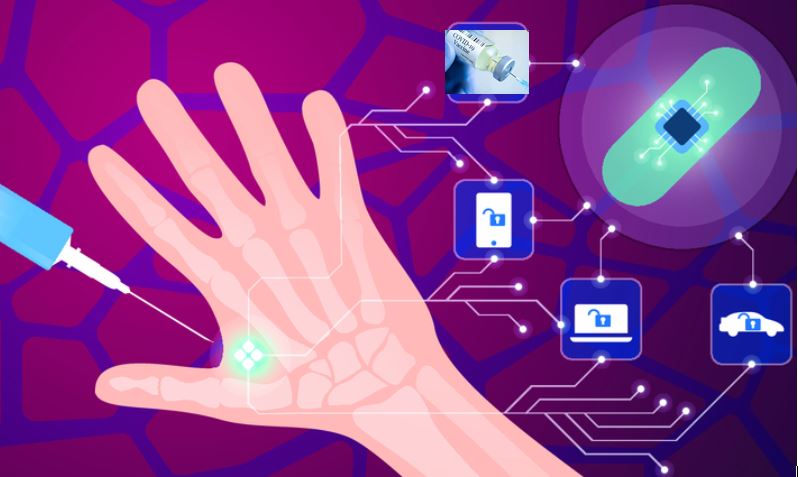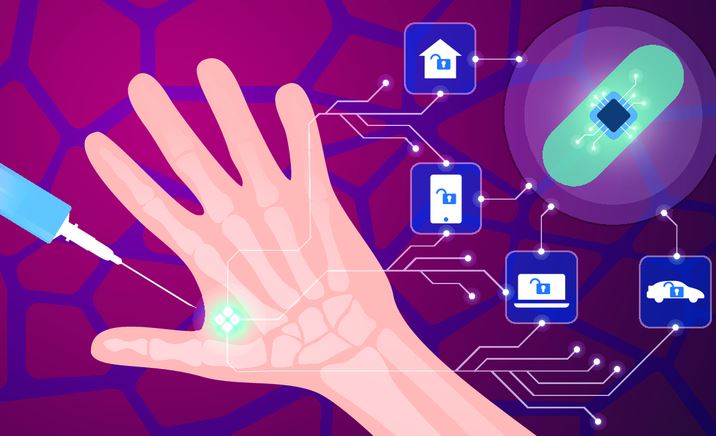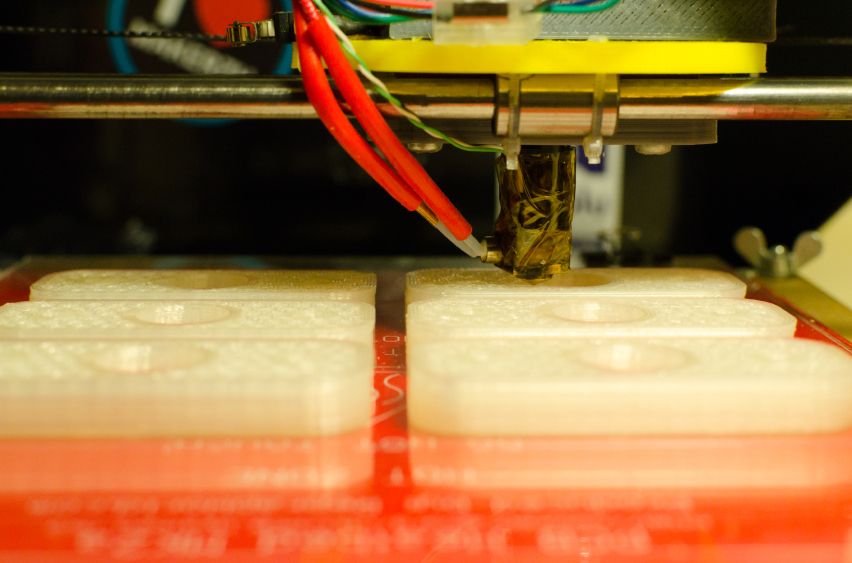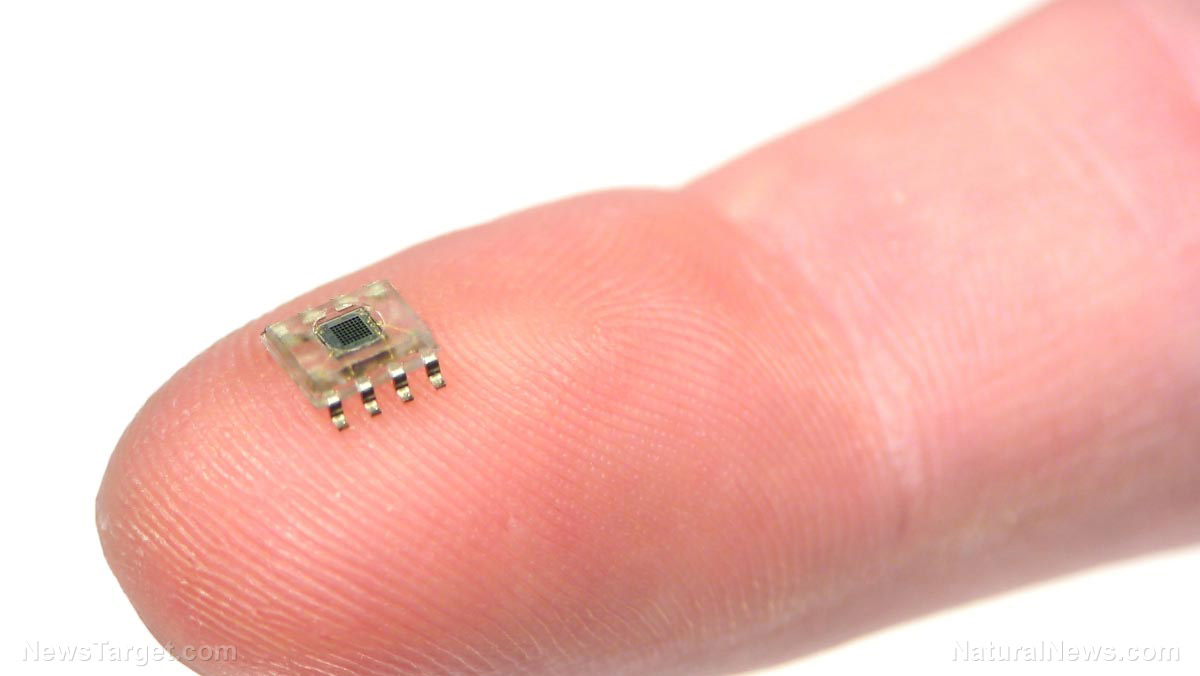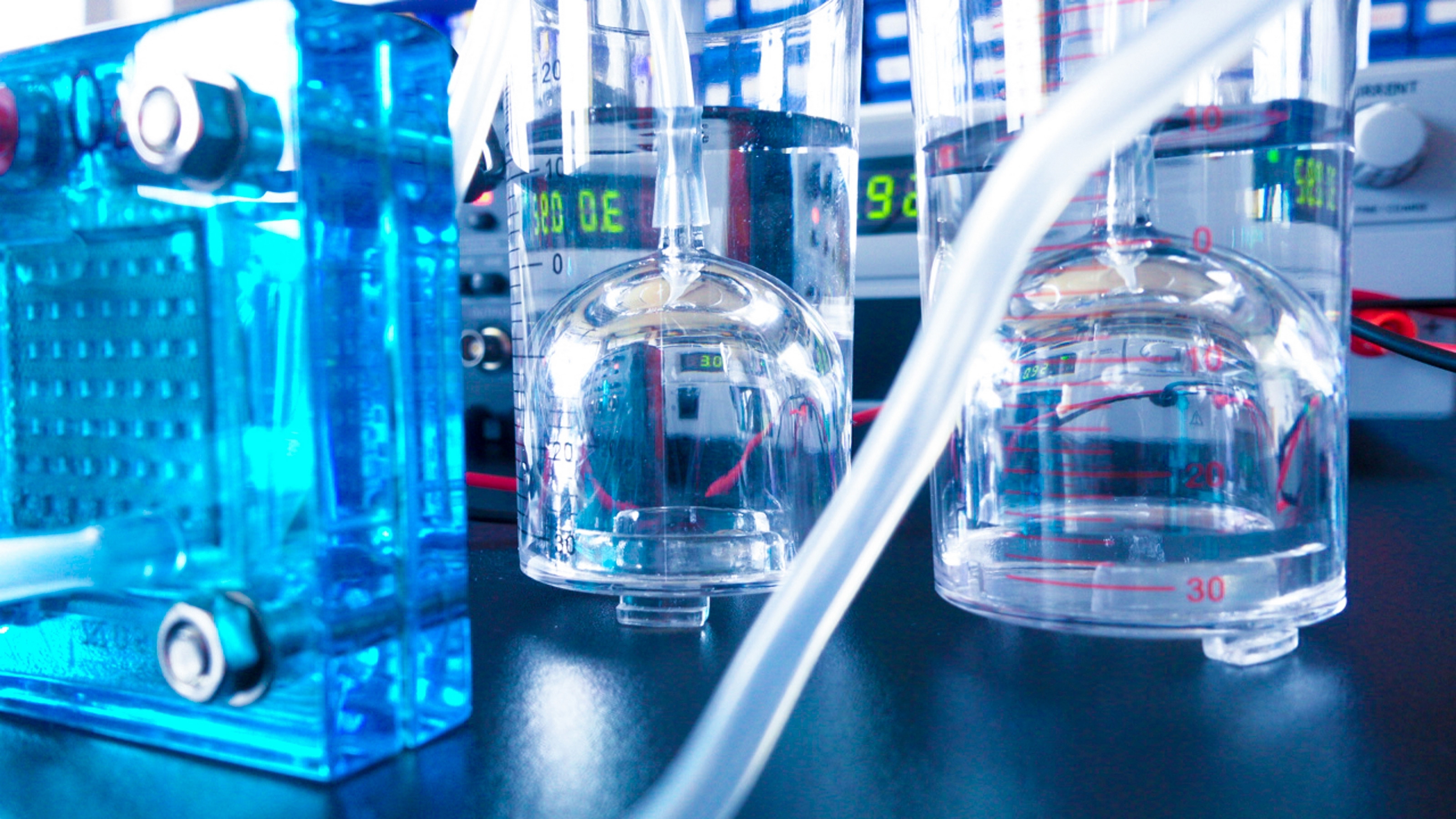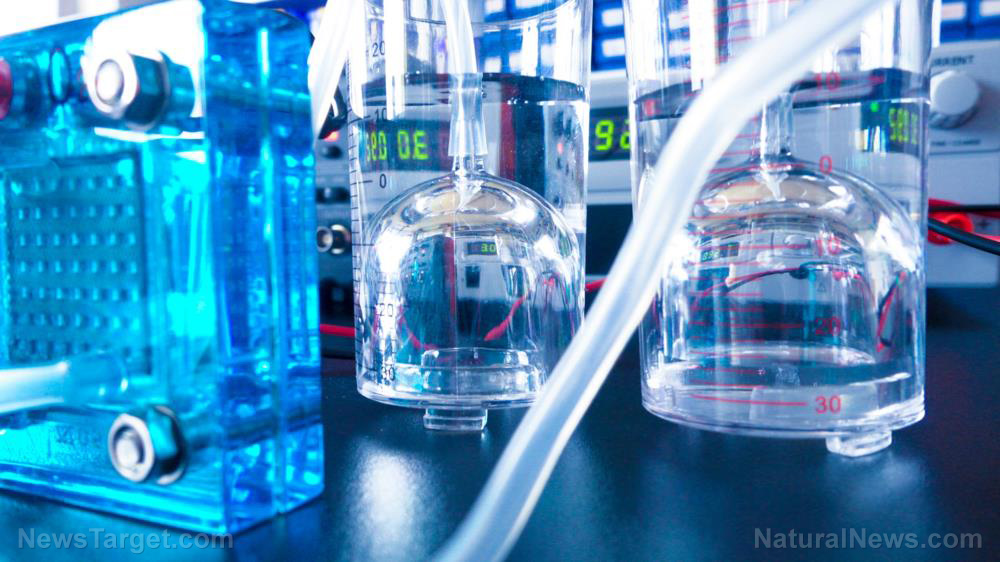Process called “advanced steam cracking” can turn plastic waste into high-quality plastics
03/11/2021 / By Michael Alexander

The property that makes plastic such a pesky pollutant just might be the key that will help solve the problem of its negative impact on the environment.
This is according to a research team from Chalmers University of Technology in Sweden, who had recently developed a more sustainable way of dealing with plastic waste: breaking the material down at a molecular level.
As detailed in the journal Sustainable Materials and Technologies, this process primarily involves blasting the plastic with steam, which vaporizes the plastic and allows it to be molded into high-quality new materials.
“Through finding the right temperature — which is around 850 degrees Celsius — and the right heating rate and residence time, we have been able to demonstrate the proposed method at a scale where we turn 200 kilograms of plastic waste an hour into a useful gas mixture that can then be recycled at the molecular level to become new plastic materials of virgin quality,” Henrik Thunman, an energy professor at Chalmers, said.
According to Thunman, their process could be applied and integrated into existing petrochemical plants in order to transform them into recycling refineries. (Related: Building on nature: Scientists improve on a plastic-digesting enzyme to stem plastic waste.)
This is because their recycling process follows the same method used to make brand new plastics, which involves cracking fossil oil and gas fractions inside petrochemical plants and then recombining them in different configurations. Their process does not follow the standard plastics recycling model, which is based on a concept known in the industry as “waste hierarchy.”
This “waste hierarchy,” the researchers said, means the plastic is repeatedly degraded to reduce its quality before finally being burned for energy recovery — a process that produces substantial amounts of pollution in itself.
“Instead of this, we focused on capturing the carbon atoms from the collected plastic and using them to create new plastic of original quality — that is, back to the top of the waste hierarchy, creating real circularity,” the research team said.
Plastic wastes pose a major problem worldwide mainly because of their resiliency as a material. The existence of faulty waste management systems compounds the problem they present.
For instance, around 350 million tons of plastic waste were generated worldwide in 2015 alone. Out of this amount, only 14 percent was collected for materials recovery, of which 8 percent was recycled into plastics of lower quality, while 2 percent resulted in plastics of similar quality as the original. 4 percent of the collected plastic, meanwhile, was reported to have been “lost” in the process.
According to the researchers, while only around 1 percent of the world’s global plastic waste is left uncollected, this still represents a significant environmental problem because the total amount of plastic waste is so high overall, while the natural degradation of plastic is so slow. This means that plastic wastes can’t help but accumulate over time.
Plastic waste pollution has been identified by many experts as a global threat since plastics — especially microplastics — are finding their way to every part of the planet and even inside the tissues of animals.
The Chalmers researchers noted that aside from helping to reduce the volume of plastic waste, their method will also eliminate the need for oil and fossil fuels when producing high-quality plastic materials. Instead of fossil fuels, their process uses bio-based materials, such as paper, wood and damaged textiles as raw ingredients to produce plastic from waste.
“Circular use would help give used plastics a true value, and thus an economic impetus for collecting it anywhere on earth. In turn, this would help [minimize] release of plastic into nature, and create a market for collection of plastic that has already polluted the natural environment,” Thunman said.
For more articles about similar scientific breakthroughs, visit NewScienceReport.com.
Sources include:
Submit a correction >>
Tagged Under:
breakthrough, Chemistry, discoveries, future science, future tech, innovation, limitless recycling, plastic waste, polyethylene terephthalate, research
This article may contain statements that reflect the opinion of the author
RECENT NEWS & ARTICLES
COPYRIGHT © 2017 INVENTIONS NEWS







